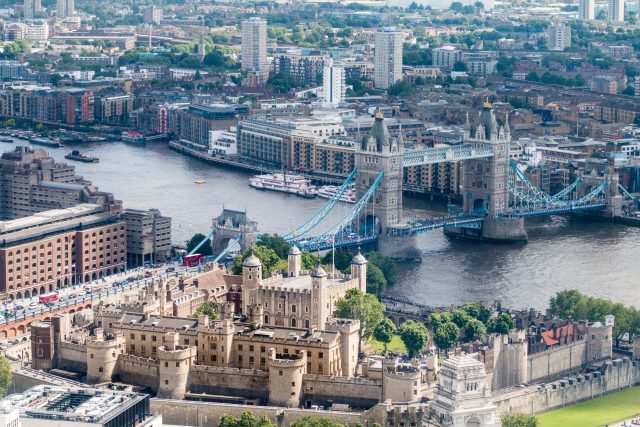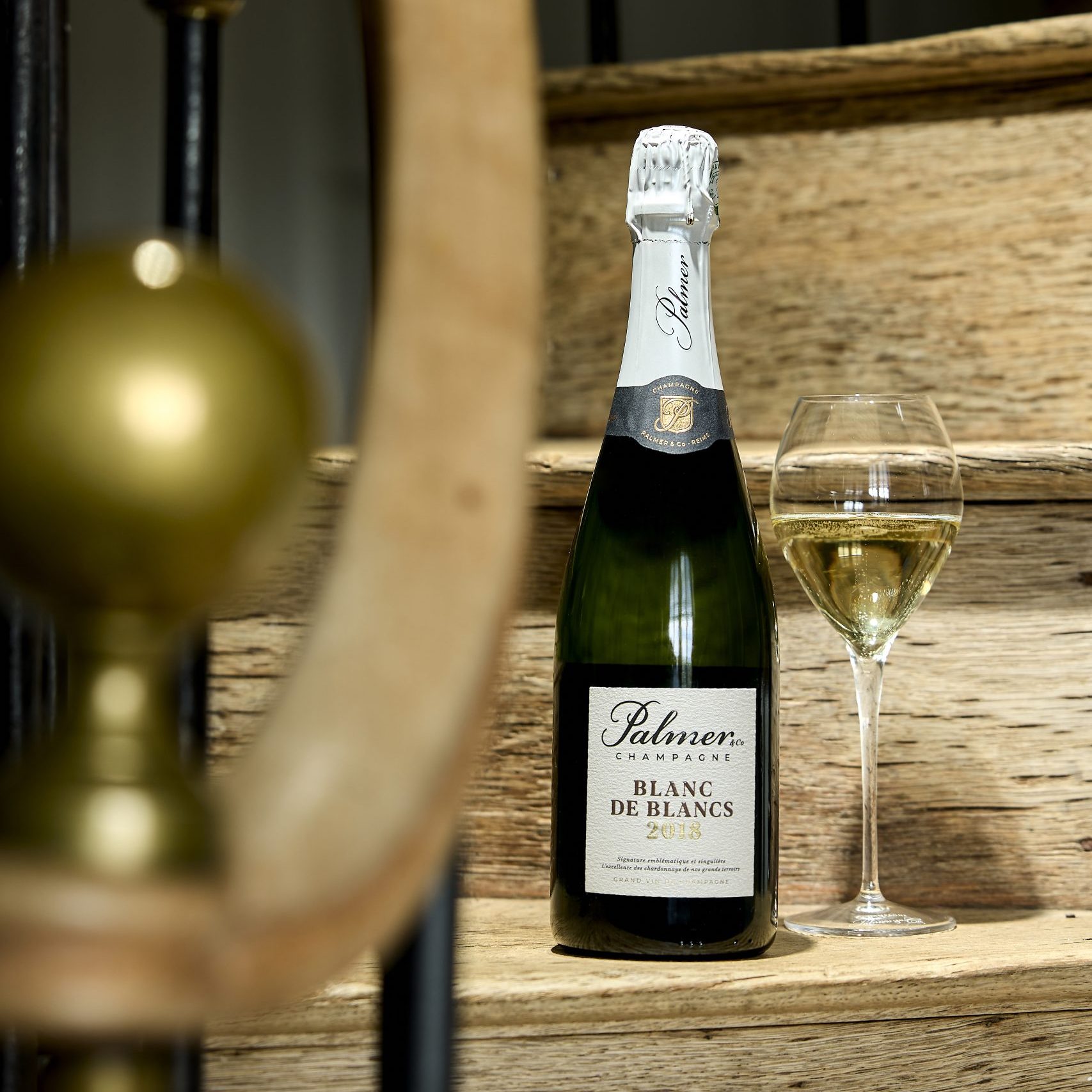London and Beijing in heated dispute over new embassy
A dispute over China’s plans to build a new embassy opposite The Tower of London is escalating into a diplomatic stand-off, say representatives on both sides.

LVMH boss Bernard Arnaud may have sent a clear signal to China through his recent visit to the country that Asia is the future for the company’s luxury drinks brands including Moët & Chandon, Krug, Veuve Clicquot, Hennessy and Château d’Yquem, but on British soil a different dynamic is playing out with Beijing.
According to sources in both governments, China is becoming frustrated over the failure to grant planning permission for the new embassy it wants to build in London. If the building does go ahead it will become the largest diplomatic base in the UK.
With the 11 August deadline looming for Beijing to appeal against the planning refusal, the situation is reportedly becoming tense.
In December last year, London borough Tower Hamlets succeeded in blocking the planning application over “safety fears”, voting unanimously to veto the plans. Local residents said they were concerned that the building would come with increased surveillance, which would in turn endanger lives and security.
“We definitely don’t want to see the authoritarian state with upgraded facilities and to impose a greater national security reach to the community who should be with the democracy and freedom,” Simon Cheng, the founder of Hongkongers in Britain and a Tower Hamlets resident, told The Guardian at the time the proposal was blocked.
The proposed site for China’s new embassy was inhabited by the Royal Mint until 1976 and was later sold by the crown estate in the late 1980s. In 2010, it was acquired by real estate firm Delancey until its purchase by the Chinese government in 2018.
Partner Content
Plans submitted for the embassy include the partial demolition and restoration of Grade II-listed buildings, a cultural exchange building, and an additional £223,853 for CCTV coverage around the site.
Tower Hamlets’ local council received 51 objection letters from residents, according to the planning application. Around 300 local residents live in housing that backs onto the embassy site, and when China purchased the freehold for the land, it effectively became their landlord.
Chinese officials told Reuters they suspected the British government had plotted to stop the embassy plans and had rallied local residents towards opposition.
Now, British officials are worried that Beijing will halt Britain’s plans to update its own embassy in Beijing in retaliation.
The Chinese foreign ministry has urged the British government to meet its “international obligation” to help it build a new embassy and said that China wants to find a solution based on “reciprocity and mutual benefit.”
Meanwhile, Conservatist MP Iain Duncan Smith wants Rishi Sunak’s government to make a stand, saying that a decision to block the Chinese embassy would show that Britain prioritises national security.
Given that Chinese consumers are likely to spend US$444.7 billion on luxury goods this year, growing to US$632.5 billion by 2027 (according to data by Euromonitor) fine wine retailers in Britain will be watching closely to see how the situation evolves.
Related news
Castel Group leadership coup escalates
For the twelfth day of Christmas...
Zuccardi Valle de Uco: textured, unique and revolutionary wines




